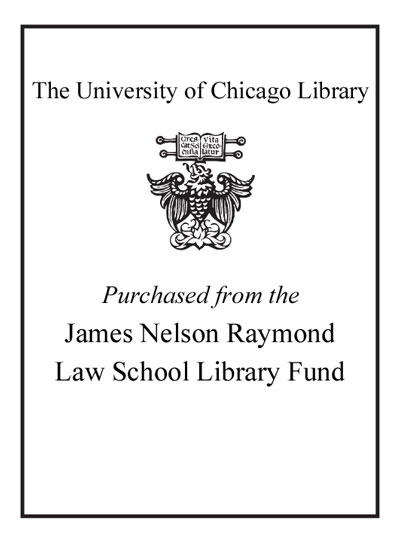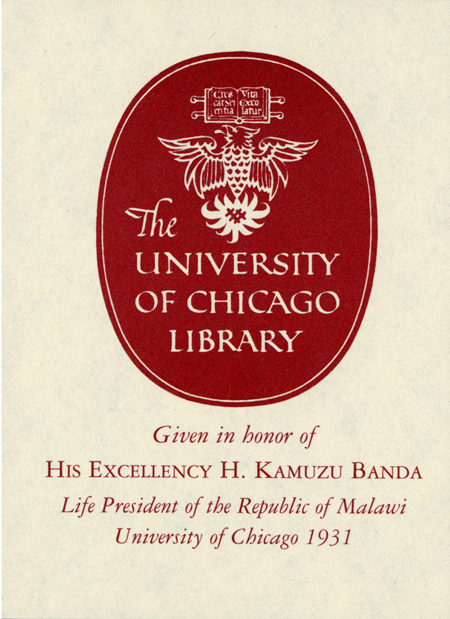Review by Booklist Review
Antje Krog's Country of My Skull (1999) is her immediate, largely unedited report of what she witnessed at the hearings of South Africa's Truth and Reconciliation Commission (TRC). Meredith has drawn from the testimony of perpetrators and victims, statesmen and ordinary citizens, policemen and spies and vigilantes, both black and white, and he's organized the TRC evidence into a direct, accessible account. There are separate chapters on chains of command, official police torture and assassination (including the murders of Steve Biko and Ruth First), government chemical and biological weapons programs, the cooperation between Chief Buthulezi and the apartheid government, and the testimonies of presidents Botha and de Klerk. Meredith also looks in great detail at the trial of Winnie Mandela and at antiapartheid terrorism. The chapter divisions are clear, but he shows that the brutal apartheid legacy is not easily clarified and put away. This searing overview of atrocity and resistance raises issues for readers everywhere about reparations, amnesty, and justice. Is it enough to say sorry? --Hazel Rochman
From Booklist, Copyright (c) American Library Association. Used with permission.
Review by Publisher's Weekly Review
South Africa's ambitious process of excavating the violence committed by the forces of apartheid, as well as by its opponents, was conducted by the Truth and Reconciliation Commission, which offered amnesty only to those willing to confess their crimes and be subject to cross-examination. The TRC, headed by Archbishop Desmond Tutu, inspired Afrikaner journalist Antje Krog's fascinatingly feverish witness, Country of My Skull (Forecasts, Jan. 11). By contrast, Meredith (Nelson Mandela) takes a surprisingly subdued approach, eschewing first-person narrative in a dispassionate journalistic account that draws heavily on transcripts of testimony. While Meredith's account lacks the dramatic immediacy of Krog's, this book offers narratives that need to be recounted: the confessions of heinous killers who served the state, the confrontation between torturer and victim, the statements by black radicals who considered all whites targets. But beyond individual testimony, Meredith aims at larger points: amnesty, he concludes, frustrated many victims and the public at large; political leaders like F.W. de Klerk shirked moral responsibility; and the African National Congress--liberation movement turned ruler--sought its own exoneration rather than truth. Meredith observes that reconciliation was not achieved; still, he concludes, the TRC "uncovered far more about South Africa's violent past than had been thought possible." In her foreword, Rosenberg (The Haunted Land) shows herself more optimistic than Meredith, declaring the TRC "a huge achievement," and in her lengthy afterword she backs up that claim by placing the TRC in the context of other new democracies' attempts to reckon with the past. (Jan.) (c) Copyright PWxyz, LLC. All rights reserved
(c) Copyright PWxyz, LLC. All rights reserved
Review by Library Journal Review
Drawing on his years as a journalist in South Africa, Meredith (Nelson Mandela: A Biography) here analyzes the post-apartheid Truth and Reconciliation Commission (TRC)--the governmental body whose task was to unearth the truth about South Africa's dark and violent past, particularly the gross violations of human rights that took place from 1960 to 1994. (Pulitzer Prize winner Rosenberg adds a global overview explaining how various countries in Latin American and Eastern Europe as well as South Africa have addressed past political repression.) The book is a well-written if depressing account of perpetrators, atrocious crimes, and victims. "The depth of the depravity was breathtaking" recalled Archbishop Desmond Tutu, chair of the TRC. There are no endnotes or resource listings, but as the first book to deal with the work and moral issues raised by the TRC, it deserves a close examination by scholars interested in South Africa or Human Rights.--Edward G. McCormack, Univ. of Southern Mississippi Gulf Coast Lib., Long Beach (c) Copyright 2010. Library Journals LLC, a wholly owned subsidiary of Media Source, Inc. No redistribution permitted.
(c) Copyright Library Journals LLC, a wholly owned subsidiary of Media Source, Inc. No redistribution permitted.
Review by Booklist Review
Review by Publisher's Weekly Review
Review by Library Journal Review


